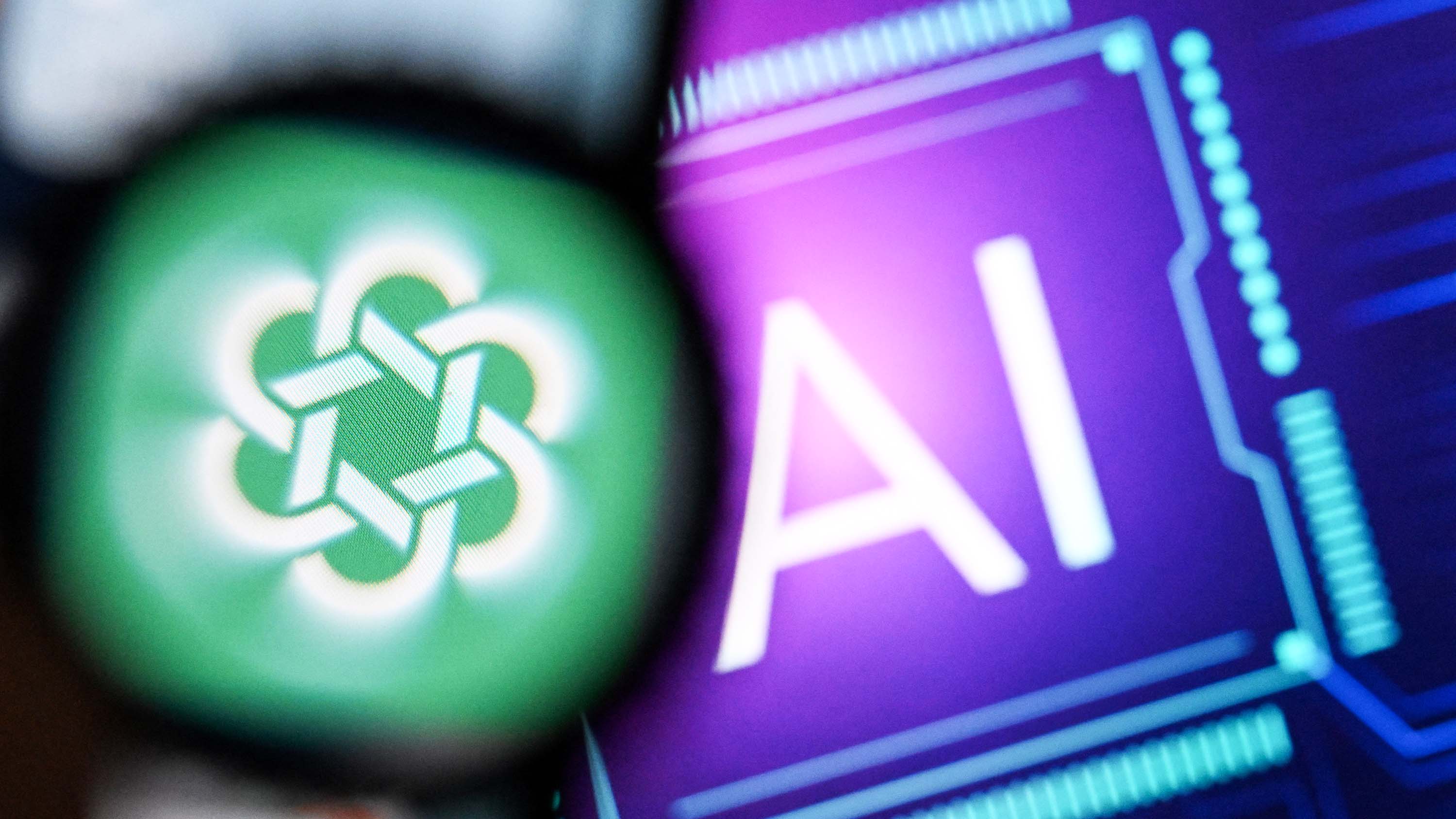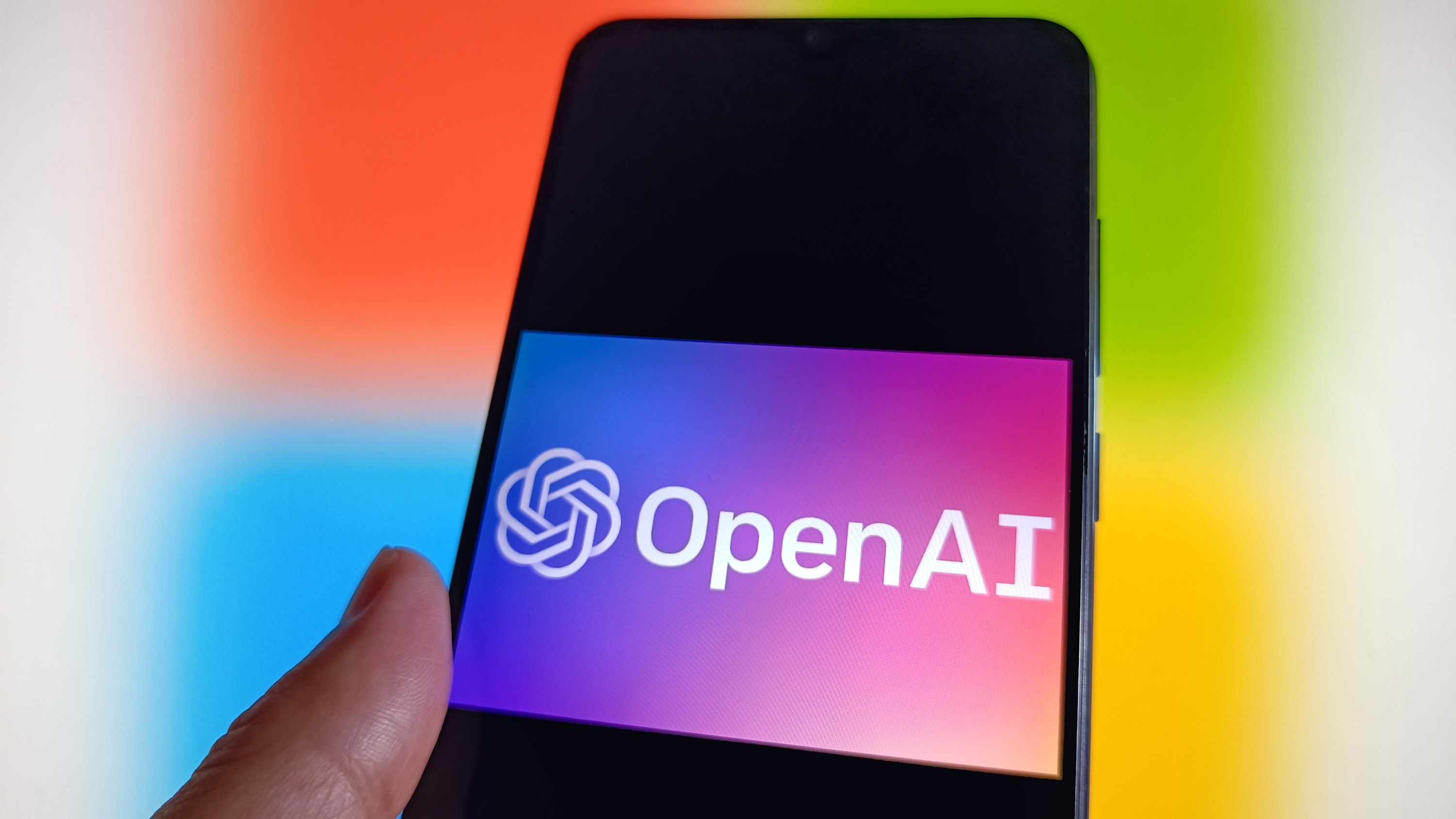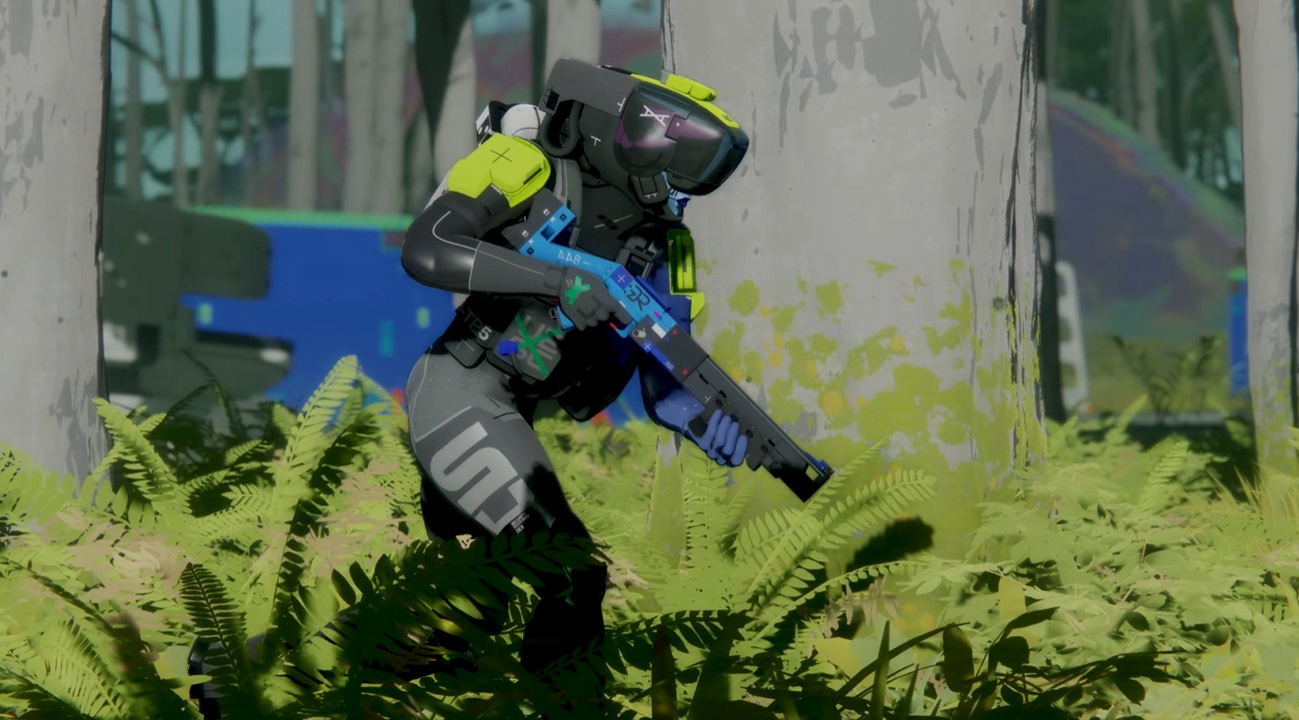AI safety researcher says it's no longer a question of how long but how much money until we reach AGI
"If you have enough money to buy enough compute, you could build AGI today," says AI safety researcher Roman Yampolskiy.

Top AI labs, including OpenAI, Google, and Anthropic have reportedly hit a major bottleneck that could prevent further development and progression of AI. The companies' AI efforts have been stunted by scaling laws due to a lack of high-quality content to train and build advanced models. However, Ex-Google CEO Eric Schmidt disputed the reports, indicating no evidence shows scaling laws have begun to stop, backing OpenAI CEO Sam Altman's sentiments — "There's no wall."
Interestingly, Anthropic CEO Dario Amodei and Sam Altman believe the coveted AGI (artificial general intelligence; basically human-like intelligence and the ability to self-teach) benchmark might only be a few years away. On one hand, Altman recently hinted that the benchmark could be achieved sooner than anticipated. He added that the milestone will whoosh by with surprisingly little societal impact. Anthropic's CEO predicts a 2026 or 2027 breakthrough.
As it now seems, the AGI benchmark isn't tied down to a specific timeframe but who has deeper pockets to facilitate the milestone's exorbitant demands. AI safety researcher and director of the Cyber Security Laboratory at the University of Louisville, Roman Yampolskiy (well-known for his 99.999999% prediction AI will end humanity) recently shared some interesting insights about the achievement of AGI in an interview with Gordon Einstien on YouTube.
Yampolskiy indicated:
"It used to be the question was how long until AGI? Now I think the better question is, how much until AGI?" If you have enough money to buy enough compute, you can build it today."
The AI researcher admits that it would cost an insane amount of money, which would be used to buy all the compute in the world. Yampolskiy's estimation isn't entirely off base. A few months ago, OpenAI CEO Sam Altman highlighted an audacious plan featuring "$7 trillion and many years to build 36 semiconductor plants and additional data centers" to fulfill his ambitious AI vision.
While the ambitious AI vision bit leaves a lot to speculation on what he meant, the executive has been vocal about his ambition to hit the AGI benchmark. The highlighted vision might be tied to his AGI dream. An OpenAI spokesman refuted the claims, indicating the ChatGPT maker doesn't have immediate plans to invest in multi-trillion-dollar projects. Altman reportedly pitched the vision to TSMC executives, who branded him "a podcasting bro" for his absurd ambition.
Get the Windows Central Newsletter
All the latest news, reviews, and guides for Windows and Xbox diehards.
But OpenAI already achieved AGI with its o1 model?

Your guess could be as good as mine when AGI will/was achieved. A recent report by an OpenAI employee indicated that the release of OpenAI's o1 reasoning model constituted AGI. The employee further claimed that while OpenAI has yet to release a model that is better than any human at any task, o1 is better than most humans at most tasks.
At this point, it seems impossible to define AGI, as everyone seems to have a varied definition. Sam Altman indicated that AGI is achievable with current hardware, but if it does, "you'll be happy to have a new device."
Chasing the AGI benchmark seems like a huge undertaking, especially for OpenAI. Recent reports indicate the ChatGPT maker could be on the verge of bankruptcy, with projections of making a $5 billion loss within the next 12 months. However, the AI firm evaded the tough financial situation through funding from Microsoft, NVIDIA, and other key investors, raising $6.6 billion to keep its operations afloat.
Now, OpenAI is under pressure to transition into a for-profit venture or risk refunding the money raised from investors. The AI firm might face backlash from government institutions, regulators, and other concerned parties for going against its founding mission.
The company is currently involved in a lawsuit filed by former OpenAI co-founder and Tesla CEO Elon Musk, who cites a stark betrayal of its founding mission. Failure to meet the threshold could open it to outside interference and hostile takeovers. Interestingly, market analysts and experts predict Microsoft could acquire OpenAI within the next three years as investor interest in the AI hype rapidly dwindles.

Kevin Okemwa is a seasoned tech journalist based in Nairobi, Kenya with lots of experience covering the latest trends and developments in the industry at Windows Central. With a passion for innovation and a keen eye for detail, he has written for leading publications such as OnMSFT, MakeUseOf, and Windows Report, providing insightful analysis and breaking news on everything revolving around the Microsoft ecosystem. While AFK and not busy following the ever-emerging trends in tech, you can find him exploring the world or listening to music.
